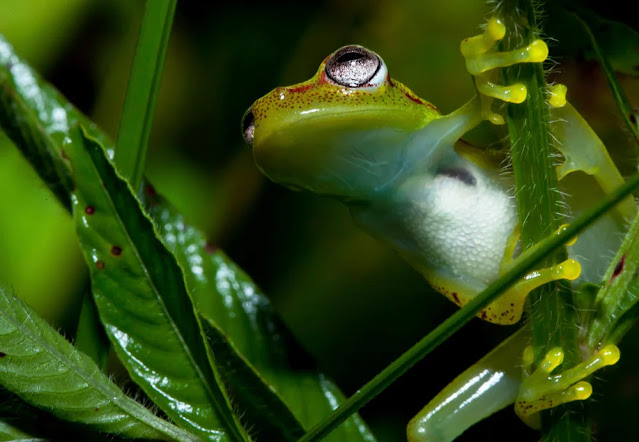This week, countries are meeting to discuss our nature crisis and how to tackle it. Taking place under the Convention on Biological Diversity, COP15 (which stands for the 15th meeting of the Conference of the Parties) is hosted by China and is an opportunity for all countries to come together to agree a plan to set nature in recovery, for a nature-positive world by 2030.
The final global biodiversity agreement is scheduled to be adopted by world leaders in Kunming, China, in April-May next year, in the concluding part of COP15.
Nature is in crisis?
Yes! We are losing nature at a rate never seen before, as is clear from WWF’s Living Planet Report, which found that population sizes of mammals, birds, fish, amphibians and reptiles have seen an alarming average decline of 68% since 1970. This cannot continue! We must stop destroying our natural world and instead restore the biodiversity we all depend on.
So, what needs to be done?
WWF is calling for leaders to put in place a framework that is ambitious and comprehensive enough to reverse nature loss by 2030 - this is called the Global Biodiversity Framework, and it will be negotiated further between now and part two of COP15 in April/May 2022.
When this framework is in place, it must commit leaders to taking action to protect 30% of land and seas by 2030, working closely with indigenous and local communities through a rights-based approach.
But this alone won't be enough to secure a nature-positive world. We also need action on the drivers of biodiversity loss, including our broken food systems, and to secure adequate financing for biodiversity.
Why is biodiversity so important?
Biodiversity is the variety of all life on Earth. That’s a big thing to sum up!
We are part of this huge biological web of natural organisms, which includes everything from the tiny microorganisms that live in the soil to the iconic elephants or pandas we seek to protect.
The total biodiversity of our planet is immense, which is a good thing because diversity means more resilient, and healthy, ecosystems.
Biodiversity sustains us and is the building blocks of healthy, resilient and happy societies. We must maintain this vital source of life.
How is biodiversity sustaining me?
So, what needs to be done?
WWF is calling for leaders to put in place a framework that is ambitious and comprehensive enough to reverse nature loss by 2030 - this is called the Global Biodiversity Framework, and it will be negotiated further between now and part two of COP15 in April/May 2022.
When this framework is in place, it must commit leaders to taking action to protect 30% of land and seas by 2030, working closely with indigenous and local communities through a rights-based approach.
But this alone won't be enough to secure a nature-positive world. We also need action on the drivers of biodiversity loss, including our broken food systems, and to secure adequate financing for biodiversity.
Why is biodiversity so important?
Biodiversity is the variety of all life on Earth. That’s a big thing to sum up!
We are part of this huge biological web of natural organisms, which includes everything from the tiny microorganisms that live in the soil to the iconic elephants or pandas we seek to protect.
The total biodiversity of our planet is immense, which is a good thing because diversity means more resilient, and healthy, ecosystems.
Biodiversity sustains us and is the building blocks of healthy, resilient and happy societies. We must maintain this vital source of life.
How is biodiversity sustaining me?







No comments:
Post a Comment